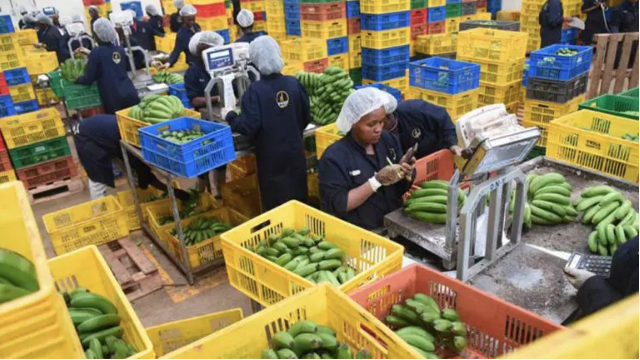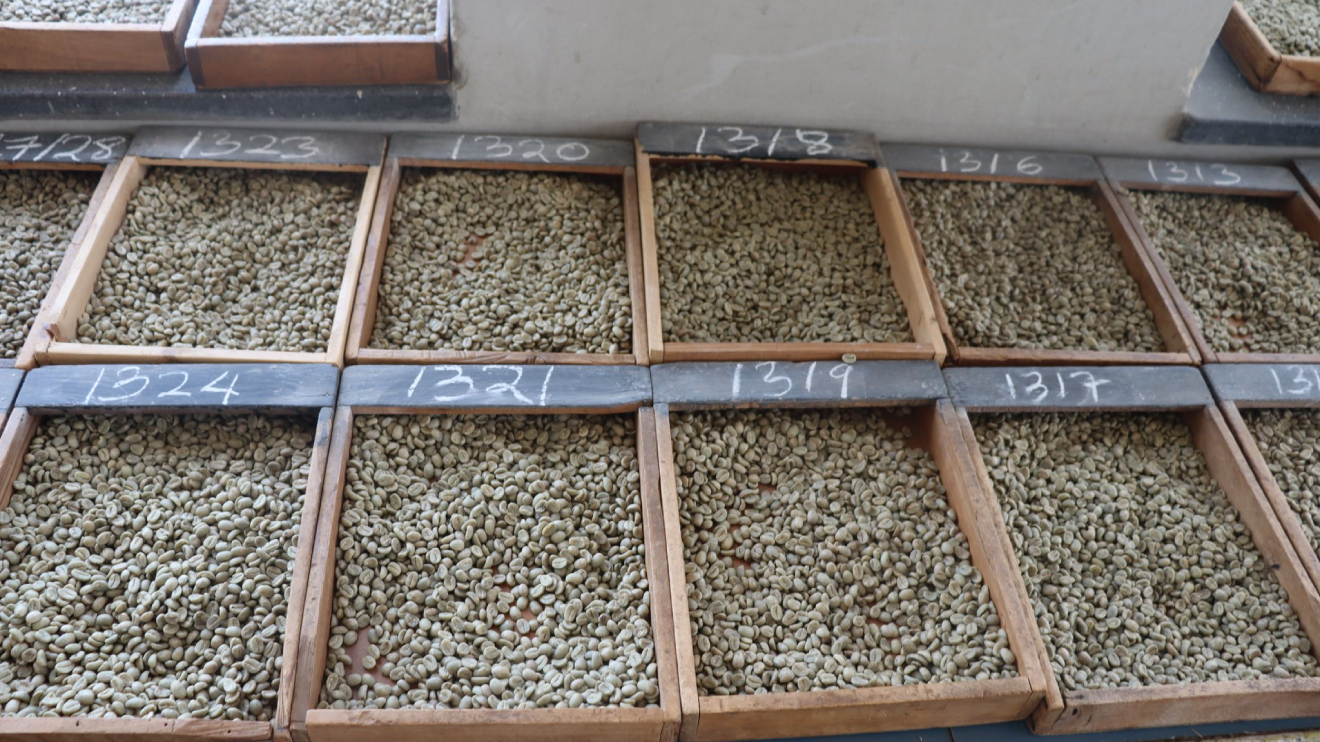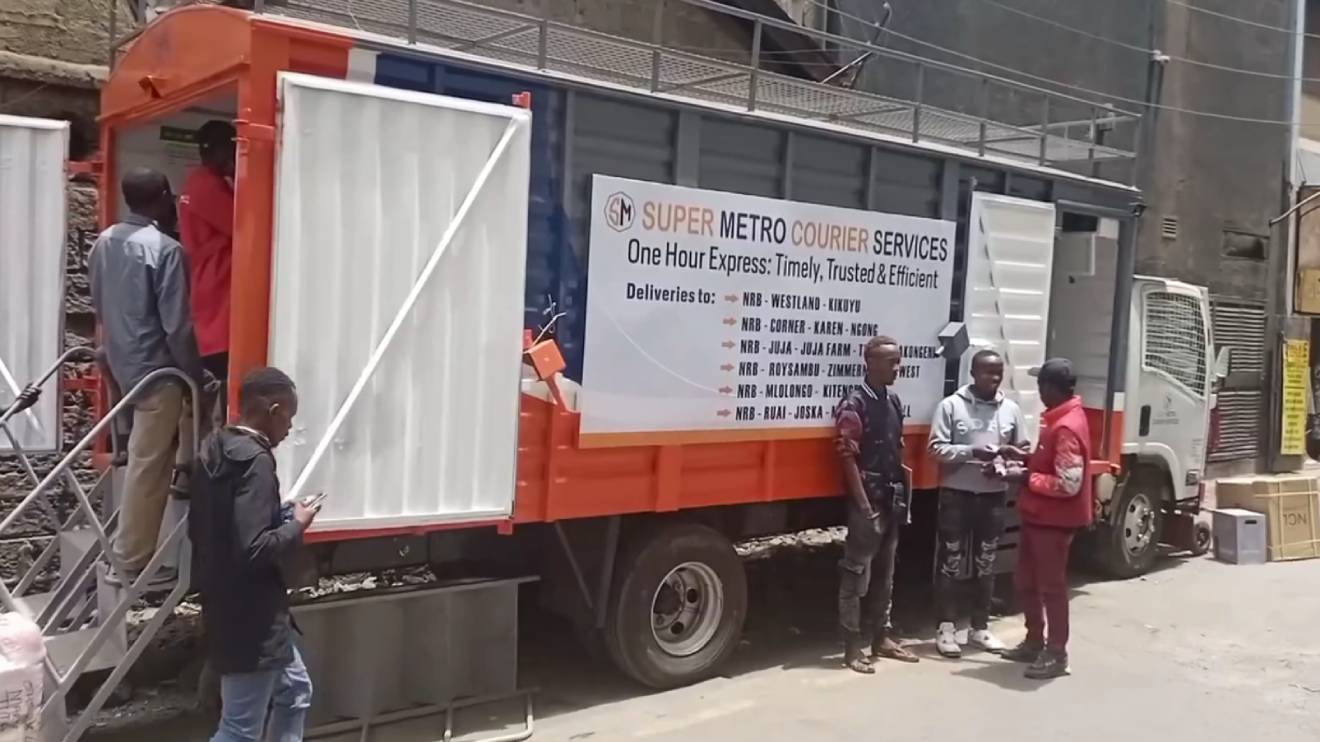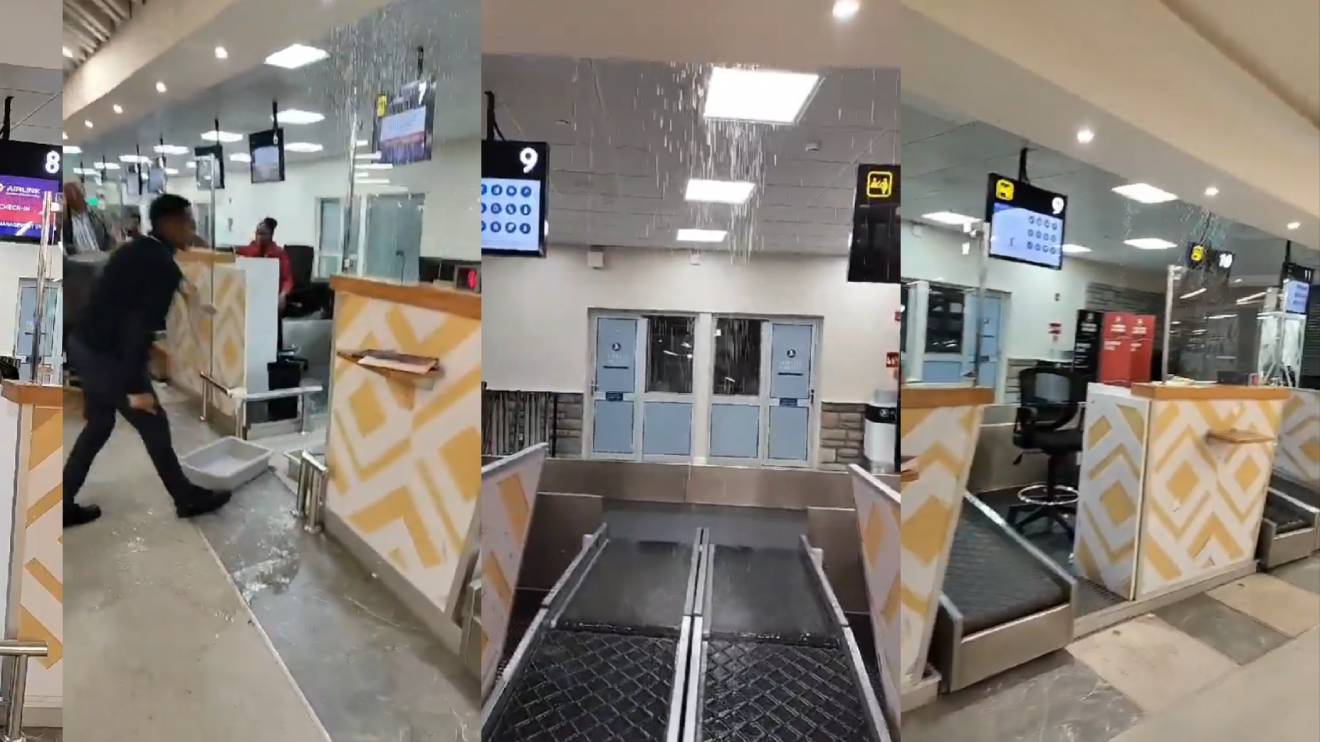Twiga Foods, a Kenyan e-commerce startup, has announced that it is laying off 283 of its 790 permanent employees owing to the prevailing challenging economic times in the country.
The business-to-business (B2B) tech firms says the fresh redundancies will affect employees in all markets and they will get compensation and severance packages as legally required.
Twiga Foods CEO Peter Njonjo has indicated that the recent retrenchments are part of the Kenyan startup company’s strategic plan to become “lean, agile and economically efficient.”
Twiga says it will continue running its food farming and distribution business, Twiga Fresh, launched in May 2022 as it sacked 130 independent sales agents over poor performance.
“As part of these efficiency interventions, the company has reviewed its operating model and costs to ensure its organization structure is fit for purpose,” said Twiga Foods in a statement released on Saturday.
Read More
It added, “Regrettably, this exercise has seen the company declare some roles redundant across the organisation in full compliance with applicable labour laws.”
When it announced a change in its business strategy in June 2023, Twiga Foods replaced all the members of its internal sales team with performance-based independent contractors.
In late 2022, Twiga secured a Sh300 million loan from the State’s Hustler Fund to tweak its operations in the face of a tough economy affecting the purchasing power of most Kenyans.
In November 2022, the e-commerce firm announced that it was retrenching 210 members of its 1,000-strong workforce in the restructuring that saw it scrap its in-house sales team.
Twiga, which connects farmers and manufacturers of fast-moving consumer goods to retailers, also revealed that it was also reviewing its operating model across all regions.
In March 2023, the firm collaborated with Kenya government in the production of maize on 20,000 acres in the Galana-Kulalu food security project through a Public-Private Partnership.
In June, Twiga transferred its rights to the development of the Galana Kulalu project to Selu Limited, a Special Purpose Vehicle consisting of various firms, including Campos and AgCo.









-1714232911.jpeg)

